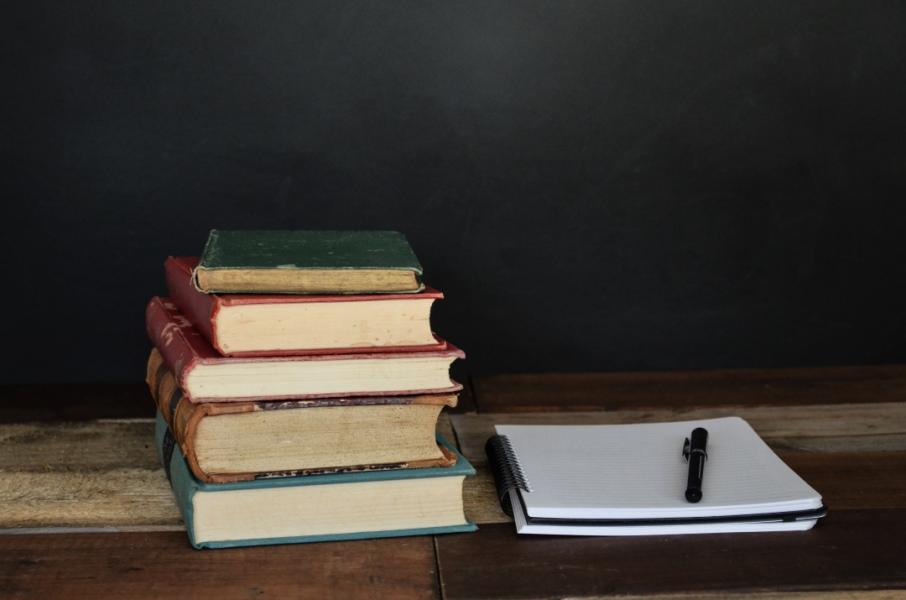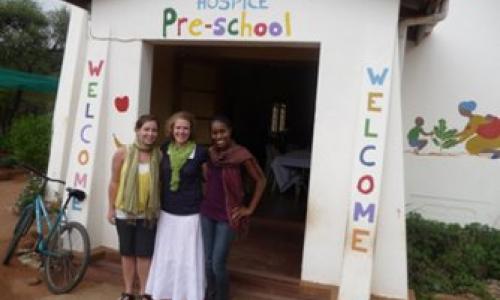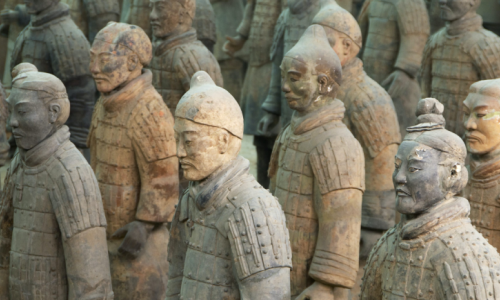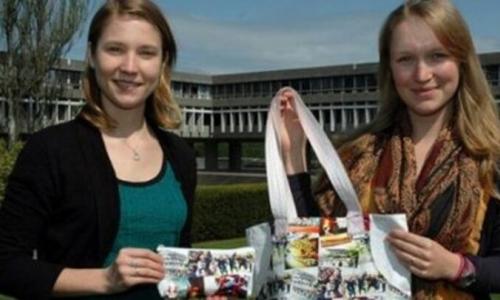
Have you ever frantically looked up ‘best majors’ or ‘career possibilities for x major’ at three o’clock in the morning? I’ve been there. I felt a lot of hesitation and fear in pursuing a liberal arts education in the beginning of my degree, especially with the cultural pressures to pursue careers in STEM, business, or communications—ones that supposedly have high job prospects.
Before I committed to studying sociology, I even remember hearing the discipline being used as a punchline in comedy movies and shows. My parents also warned me about choosing a major that doesn’t have a set career path as it could hinder my ability to earn. From all different directions, I was told that an arts degree wouldn’t get me a job, thus rendering them ‘useless.’
But this isn't true at all. In fact, there is a whole set of skills and knowledge provided by a liberal arts education that are highly employable and needed.
Why the Liberal Arts Get a Bad Reputation
The pressure to pursue STEM and business careers is strategically placed on all of us as innovation and business keep the gears of capitalism turning. And because capitalism is inherently intertwined with the patriarchy, the pressure is also rooted in systemic structures that glorify historically male-dominated industries.
Liberal arts degrees are therefore undervalued because they resist colonial and capitalist narratives—they examine our histories, social inequities, and the essence of what it means to be human. Liberal arts disciplines like gender studies, history, English, sociology, and political science produce curious and empathetic minds that are trained to question everything, researching and arguing for change instead of making and selling to maintain the status quo.
What shows up on those all-too-common 'Top 10 Majors' lists exposes what we, as a society, prioritize and value, and under capitalism, this means industries that facilitate mass production and consumption for capital gain. But in talking about the importance of a liberal arts education, UBC President, Santa J. Ono, stated that “[Liberal arts students] will have that moral compass. They will make the right decision, not for themselves, not for their enrichment of their bank accounts, but what's best for humanity."
Going Beyond the Degree
The emphasis that liberal arts degrees place on building soft skills (e.g., research, critical thinking, and writing) is often criticized for being impractical because it leads to non-traditional career paths and low-wage careers. But it is a myth that liberal arts degrees don't lead to fruitful futures. So many job opportunities are open for those who pursue a versatile degree, especially in sectors such as public and social services, communications, education, and research. And in the era of the COVID-19 pandemic, it has become more common to pivot between different careers and industries, where a diverse skillset definitely comes in handy. Scientific and mathematical expertise are also not the only skills that employers look for nowadays, even in STEM and business industries—they also value soft skills such as collaboration, communication, and reading and writing.
Your choice of degree isn’t the end of the story either—what you do outside of academics (e.g., volunteer and work experience) greatly bolsters your career prospects after graduation. It is often through these opportunities that students gain or further develop their soft skills, which diversifies the career opportunities available to them. Additionally, skills-based hiring is increasingly becoming more prevalent, where credentials are seen as secondary to experience and practical skills across different job sectors.
Cultural Pressures and The Privilege of Choice
Growing up in the Philippines, I felt a cultural pressure to pursue either medicine, engineering, or law. It was hard to find good paying, stable jobs outside of these sectors, and there was hyper-present colonial mentality to chase 'Whiteness' through the accumulation of status and material wealth. And moving to Canada doesn’t completely eliminate the problem for many students in the same boat as I was becuase for some immigrant parents, being a doctor, engineer, or lawyer is more than just a job—it signals safety and a sense of pride in providing their children with opportunities that may not have been accessible to them.
But even when the value of a liberal arts education is clear, their systemic devaluation limits students’ choice to study them. A lot of people, for example, low-income students, have to prioritize practical and lucrative degrees with straightforward career paths in order to pay off loans and make a living. Time is also a luxury—many students who have commitments outside of school will not have the time or means to build up an arts degree with volunteer or work experience. In this way, capitalism simply doesn’t give people the opportunity to see their education as anything more than a means to an end.
The Liberal Arts are Worthy
Survival of the fittest is now equivalent to survival of the richest, and choice in what to study has increasingly become an illusion. Students are socialized into a system where they learn to earn, not learn to act for the greater good, and no one can blame them. This means that liberal arts degrees are being set aside in the margins, usually the first departments to suffer with budget cuts. This is a dangerous place to be as without them, history is lost and culture becomes left unchecked, placing the world in a state of complacency in the face of a climate crisis, and severe racial and gender inequality.
Meaningful social change can be facilitated if more people recognize that the Arts and Sciences need not exist exclusively from one another; for example, it is from interdisciplinary work that we get inclusive and accessible design, artificial intelligence, and equitable and sustainable business practices. The irony in the devaluation of liberal arts is that without critical thinkers who put the human experience first, there will be no world in which people are free to conduct their businesses or develop the latest scientific technology. The two disciplines exist in tandem, complementary to each other. The sooner this is realized, the better.

















